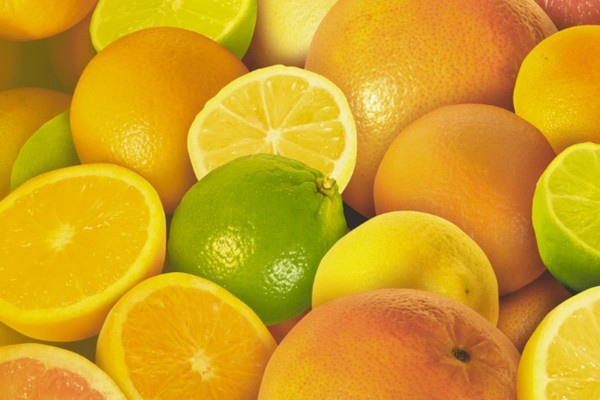The World Citrus Organisation (WCO), which represents citrus producers worldwide, has raised concerns about the increasing number of private food safety standards imposed by retailers. The organisation warns that such measures, often exceeding national and international regulations, may affect the sustainability of the citrus sector, disrupt trade, and put farmer livelihoods at risk.
Concerns over private criteria
In recent weeks, WCO members have examined the impact of these standards on the citrus industry. The focus has been on stricter rules related to plant protection products and maximum residue levels (MRLs) that go beyond legal requirements. According to the WCO, these private measures contradict scientific evidence and undermine the authority of regulatory bodies.
 © WCO
© WCO
Boitshoko Ntshabele from South Africa's Citrus Growers Association (CGA) said: "While citrus growers comply with national and international regulations to ensure safe and nutritious fruit, retailers are increasingly enforcing private rules that exceed legal requirements and might impact volume and competitiveness of trade." He added that this could also "limit the efficiency of the necessary treatment to mitigate the evolution of pests and disease as a result of climate change."
Key issues identified
The WCO's position paper, "Private Food Safety Criteria and their impact on the citrus sector," was presented at Fruit Attraction in Madrid and published in English, Spanish, and French. It highlights three main challenges for the sector:
- Bans on legally approved active substances could restrict pest and disease control.
- Stricter MRLs than those established by law, leading to possible resistance build-up, food waste, and economic losses.
- Restrictions on the number of residues may undermine Integrated Pest Management (IPM) practices and reduce resilience against climate change.
Calls for dialogue
The WCO urges retailers to avoid setting private standards beyond legal frameworks. Jose Antonio Garcia Fernandez of Ailimpo (Spain) said: "It is important to enter into constructive dialogue within the supply chain to avoid a proliferation of subjective requirements that will add confusion and unnecessary costs to growers. Failure to do so could compromise fruit quality, increase food waste, and ultimately limit the availability of citrus on supermarket shelves."
Global context
Bard Bennis from Les Domaines Agricoles (Morocco) and current WCO President noted that citrus is one of the largest fruit groups, with around 135 million tons produced annually on 10 million hectares. Between 45 and 50 million tons are traded globally each year, with a value exceeding US$50 billion.
The WCO stated that the ongoing expansion of private criteria may create further barriers for growers, adding complexity to the supply chain and threatening market stability.
 © WCOFor more information:
© WCOFor more information:
Philippe Binard
The World Citrus Organisation
Tel: +32 (0) 2 777 15 80
Email: [email protected]
www.worldcitrusorganisation.org
